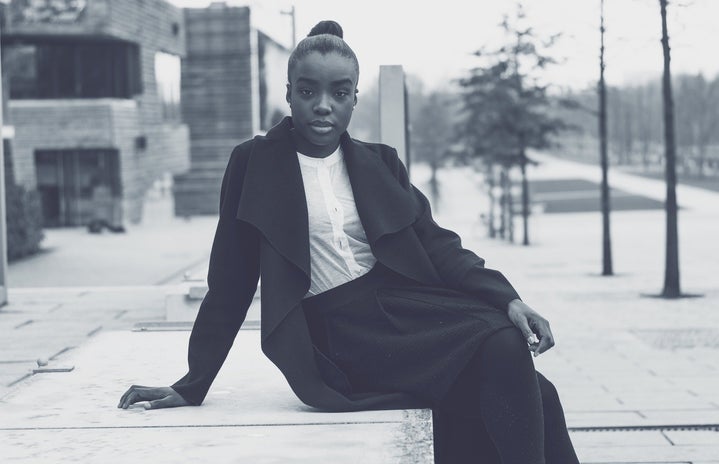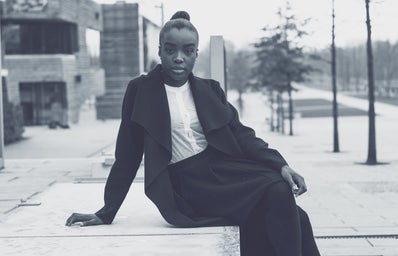While Black History Month is underway, I think it’s the most appropriate time to talk about cultural appropriation and how we as black women are seen in society.
Now, this is not the time for me to get on my soapbox about the Kardashians or whoever is trying to be a culture vulture in the media, but this is my opportunity to be politically correct and give you a little history lesson on why our features aren’t up for grabs by non-black women.
During the Jim Crow era, it all began with the Mammy caricature. Companies were producing Mammy items exaggerating our dark black skin and big lips on cups, ashtrays, souvenirs, etc. We were seen as robust, obese women who often did work in homes for our white counterparts taking care of their children and folding their clothes.
Fast forward to 2020, these same features that were frowned upon and exaggerated with disgust are often imitated by white women. We see more non-black women trying to have big lips and an hourglass shape that only us black women were known for. Today the idea of being thin has been replaced with being “thick” as more white women have begun plumping their booties with plastic surgeries while also maintaining a slim waist.
Not to mention, our hairstyles have also been compromised. In the last five years, we’ve seen more and more non-black women rocking braids and dreadlocks that were once thought of as unprofessional and tacky in the workforce.
This crazed attraction to our most prized features has to stop.
Us as black women take pride in having such features that once made us outliers in society. We sat through years of humiliation, ridicule, and oppression just so we could feel comfortable in our skin. Some of us even tried to adhere to the masses by relaxing our hair with chemicals and products just so it wouldn’t be seen as nappy and unkempt. There are black women still to this day who don’t feel comfortable with their own complexion and are bleaching just so that they can appear lighter and more attractive in society.
So when white women, especially those with high status and notoriety, get caught out in the media with these same features, it’s praised by everyone and starts a “trend” that us black women have been holding down for years. We have every right to get upset and feel defeated because it seems that we never get the credit we deserve even when we stood behind having these distinct features that weren’t accepted by our white counterparts at one time.
It’s okay for me and other black women to get annoyed each time a white woman asks us, “Can I touch your hair?” Because it’s our most prized possession that identifies us as women of color.
So the next time you see a Kardashian or Kim Zolciak rocking an Afro and bronze skin that is clearly sprayed on, think about the millions of black women who paved the way so that they could stand out in a crowd and get attention for features they didn’t even have to begin with.
We as black women define our features, they don’t define us.



